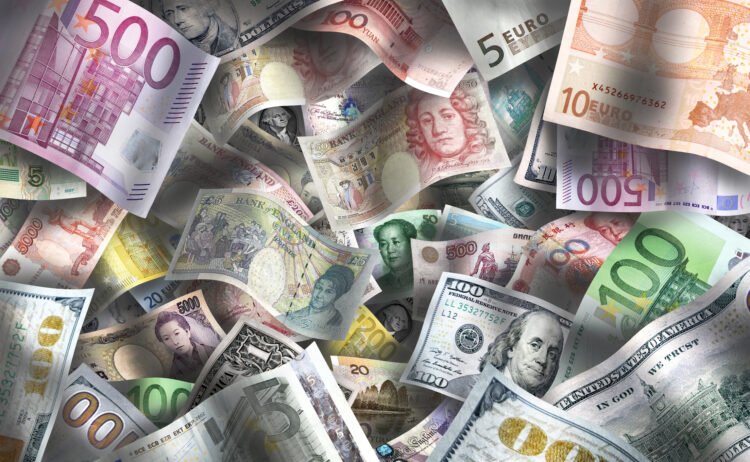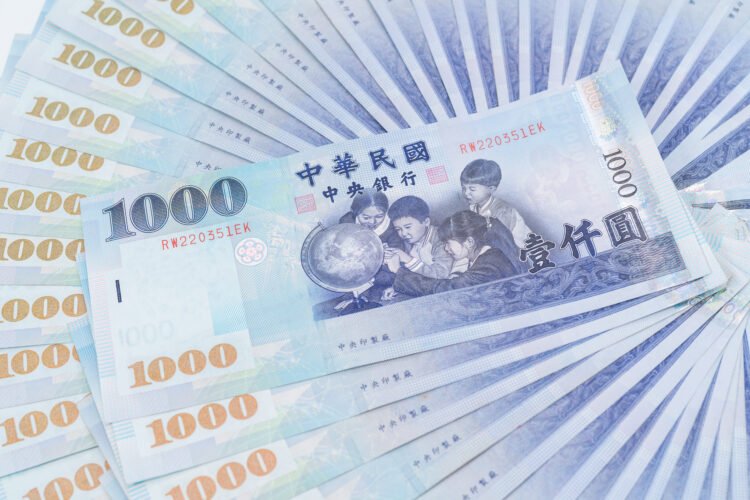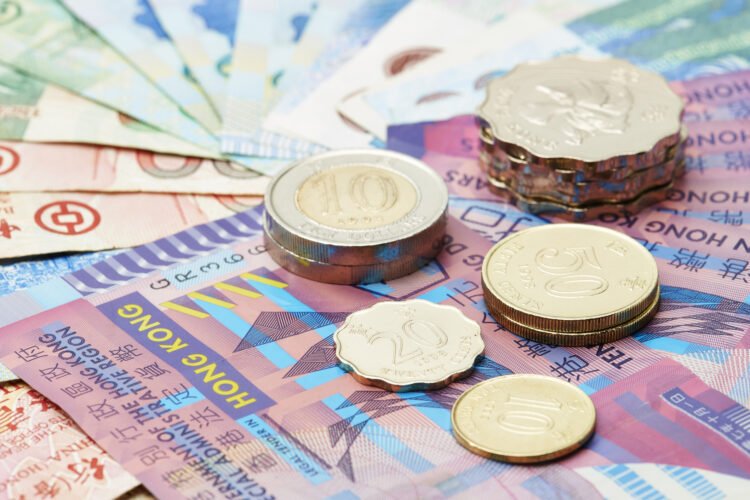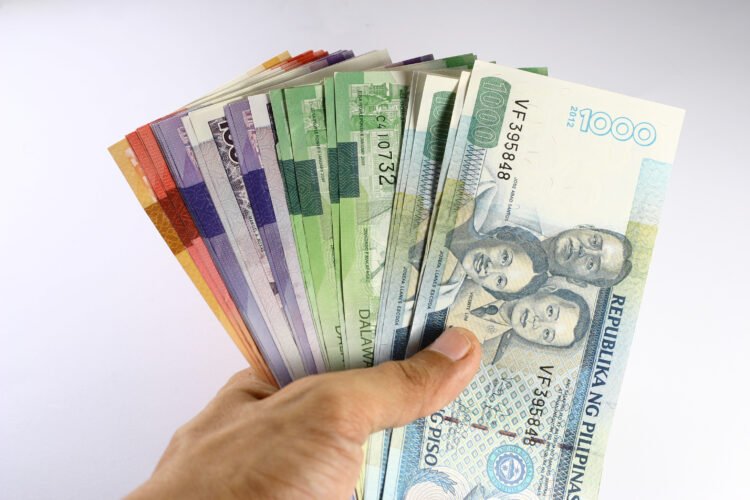
The Hong Kong dollar is a currency that is largely used
to pay for goods and services in the Hong Kong area. It is pegged to the U.S. dollar
and it is issued by three commercial banks. However, it is not as widely used as the
other currencies such as the Japanese yen or the British pound. This is because the
economy of Hong Kong is relatively small and most people are not aware of its
existence.
Pegged to the U.S. dollar
For almost 40 years the Hong Kong Dollar has been pegged to the US dollar. This has
provided the city’s economy with stability and credibility during the Asian financial
crisis. However, the currency has undergone a series of recent challenges. The de
facto central bank, the Hong Kong Monetary Authority, is buying and selling the local
currency in order to maintain the peg.
The HKMA’s purchase of the local currency means that onshore bank liquidity is
reduced, which increases the interest rate on borrowings. In return, it reduces the
value of the HKD, which in turn makes the currency less attractive.
The HKMA’s action has also led to speculation that the peg will come undone.
Analysts and traders have argued that the peg will lose its appeal.
Ackman, founder of Pershing Square Capital Management and Saba Capital
Management, has taken a position against the Hong Kong dollar. He says the peg will
break and he has placed his bets using options.
According to Bloomberg, the Hong Kong government will need to spend billions in
order to maintain the peg. However, analysts believe that the HKMA has the tools
necessary to maintain the peg.
Despite the peg’s viability, a slew of hedge funds have begun betting against it. The
FSAP stress test found that substantial FX reserves mitigated the impact of large
capital outflows on the HKD’s interest rate.
Although the Hong Kong government has said that there is no need to alter the peg,
it is not clear whether this will happen. If it does, it will upset the global financial
center equation.
As long as China agrees to keep its grip on Hong Kong, the peg will likely remain
intact. China’s cabinet has also stated that it will firmly support the peg.
On the other hand, the Hong Kong Monetary Authority has said that it has no
intention to alter the peg. But, it has intervened in the currency market 40 times this
year, and the currency is expected to weaken.
It appears that the only way to preserve the peg is for the HKMA to buy and sell the
Hong Kong Dollar in order to boost local interest rates. Currently the HKMA’s base
rate stands at 3.5%.
Issued by three commercial banks
The Hong Kong Dollar is the official currency of the Special Administrative Region of
Hong Kong. It is regulated by the government through the Hong Kong Monetary
Authority, the country’s de facto central bank.
The first HKD notes were issued by the Royal Mint in London in 1863. They were
later distributed in Hong Kong by the government. Later, the HKMA issued a 10-
dollar note for the public.
Hong Kong was a British colony until 1941. It was then invaded by Japan during the
Second World War. After the war, the Japanese yen replaced the pound as the
currency of the territory.
In 1895, when the Spanish/Mexican dollar was scarce, the government issued a
silver dollar coin with a value of two shillings and fourpence. However, Chinese were
not interested in the coin’s appearance, and the currency was abandoned.
The HKMA has 340 billion dollars in foreign reserves and is the largest holder of
currency reserves in the world. This is a major factor in determining the exchange
rate between the Hong Kong dollar and the US dollar.
In 1983, Hong Kong introduced a unique linked exchange rate system, allowing the
Hong Kong Dollar to be tied to the United States dollar with a tight trading band.
When the market drops below the band, the exchange rate converts US dollars into
Hong Kong dollars.
The Hong Kong dollar is one of the most traded currencies in the world. Although the
conversion rate can fluctuate from day to day depending on the HKMA, the currency
is usually backed by the United States dollar.
The Hong Kong government controls the issuance of all coins and all banknotes.
Banknotes are issued in denominations of $10, $20, $50, $100, $500 and $1,000.
Some of the banknotes are minted by the HKMA, while others are manufactured by
the three commercial banks.
Hong Kong’s financial markets are influenced heavily by mainland China. The
currency of the People’s Republic of China, the Renminbi, is also used in the region.
As such, the exchange rate between the two currencies remains volatile.
Pegged to a narrow trading band
For almost four decades, the Hong Kong dollar has been pegged to the US dollar. In
fact, it has been pegged to a tight trading band of 7.75 to 7.85 to the dollar. This has
made the currency easier to use for businesses and investors.
The Hong Kong Monetary Authority (HKMA) acts as de facto central bank,
intervening in the currency market when it feels that the city’s dollar is close to
hitting an end of the band. It is estimated that HKMA has spent about 241.2 billion
dollars buying the city’s dollars on the foreign exchange market this year.
As a result, the government has had to intervene in the currency market roughly
forty times this year. Nevertheless, the currency peg has served as an anchor for
economic and financial stability.
However, the currency has been weakened in recent days. Several short-end HKD
rates have risen rapidly against their US counterparts. Analysts believe that the
mainland Chinese economy is weaker, and that this will keep the HKD weak.
As a result, the HKMA has been forced to raise interest rates, putting further
pressure on the banking sector and the local property market. Consequently, the
city’s overall GDP has declined, placing it at risk of recession.
Moreover, the Chinese mainland began exerting direct control over Hong Kong
affairs in 2020. If Beijing attempts to modify or terminate the HKD, this would be the
final straw. A change in the currency would upset the global financial center
equation.
But the HKMA sees no reason to abandon the peg. That’s because the monetary
board arrangement is anchored by a strong fiscal framework and a transparent set
of rules. And, of course, substantial FX reserves will help mitigate the impact of huge
capital outflows on the HKD interest rate.
Despite the fact that the Hong Kong dollar has been a strong performer since its peg
to the US dollar was introduced, there are still some questions about the currency’s
longevity. Bill Ackman, founder of Pershing Square Capital Management, has warned
that the HKD’s peg is not strong enough and that a revaluation of the currency to the
yuan will occur in 2011. He does not believe that the currency will fall below the
current level.
Bonds issued in Hong Kong dollar denominated
dollars
Hong Kong dollar denominated bonds are increasingly seen as an asset-liability
matching tool for local investors. They provide decent yield pick-up and a low level of
volatility. This could mean an even stronger role for the asset class in the future.
The Hong Kong dollar bond market has a mix of government and corporate bonds,
but it is very concentrated. Most deals are in private placements, with little or no
secondary market liquidity. As a result, most investors are interested in seeing new
issuers enter the market.
Last year, the HKD bond market saw gross issuance of HK$220 billion. This includes
Exchange Fund Bills and corporate bonds. Almost two-thirds of the issuance were
from Hong Kong issuers. Mainland investors, however, have also been participating
in the market.
These investors are
largely buy-and-hold investors. Some have shifted from
investing in equities to investing in the local currency, as they see an opportunity to
increase diversification and take advantage of the lower rates in the region.
The market has grown fivefold in the last 20 years. Issuers include banks, real estate
developers and other corporate entities. However, some analysts believe that there
may be a possibility of overconcentration in the market. Nevertheless, Hong Kong
dollar bonds have the potential to play an important role in the institutional
portfolios.
As a result of the ongoing lower-for-longer rate environment, Hong Kong dollar
bonds have become a promising option for investors. Low interest rates have driven
higher-yielding currencies to become attractive, while credit spreads have
strengthened. In the meantime, the market has been actively promoted by the
Government. Several financial support measures have been introduced to promote
the development of the local bond market.
A recent seminar between the HKSAR government and Guangdong Province
examined the leveraging of bond financing for the Greater Bay Area’s development.
In October, the Hong Kong Mortgage Corporation sold a social bond of $1.4bn. The
proceeds will be used to refinance guaranteed loans. HKMC will also continue to
support sustainable finance in the Hong Kong market.
The Hong Kong dollar-denominated green bond offers an additional investor base
the opportunity to invest in climate-positive projects. The 2-year bond has a coupon
of 2.14% per annum, and is scheduled to mature on April 23, 2020.





